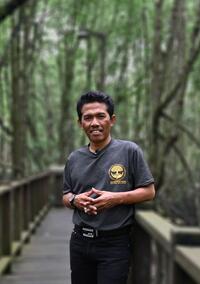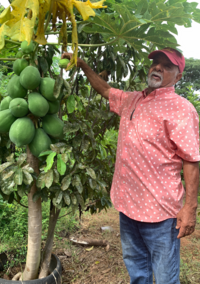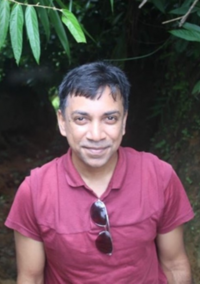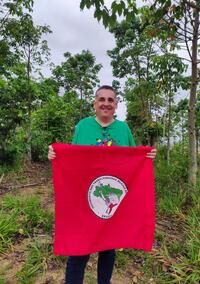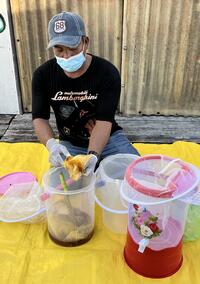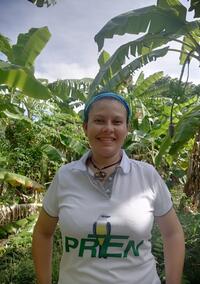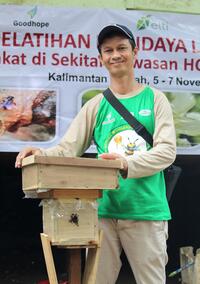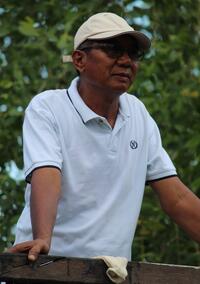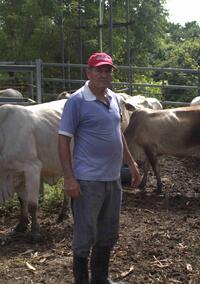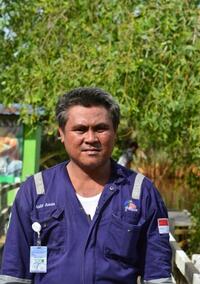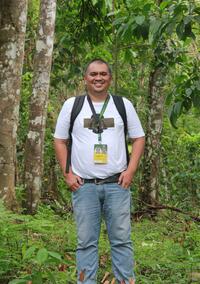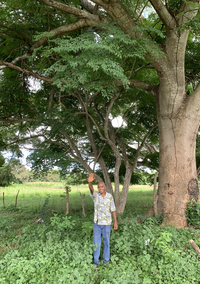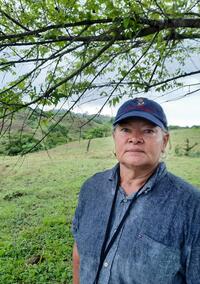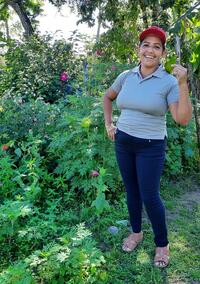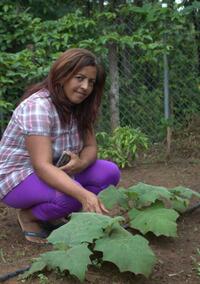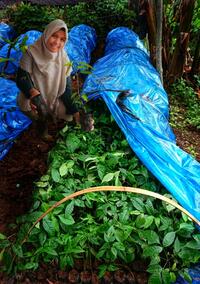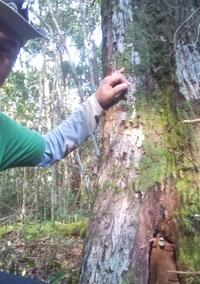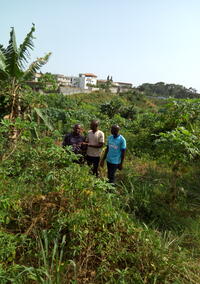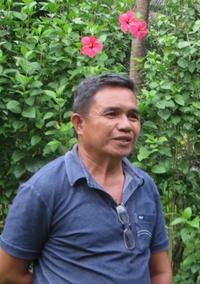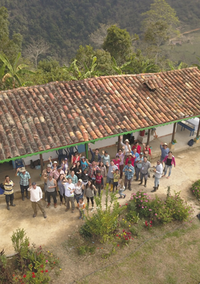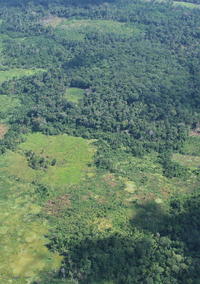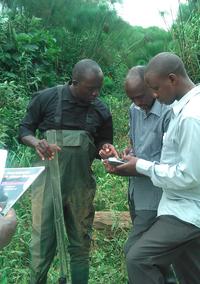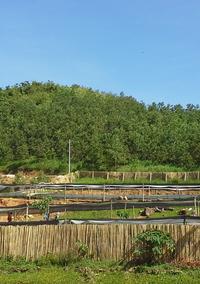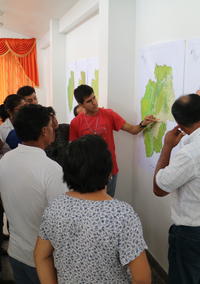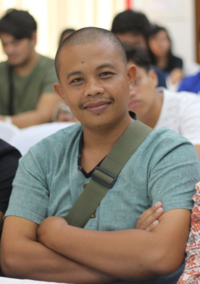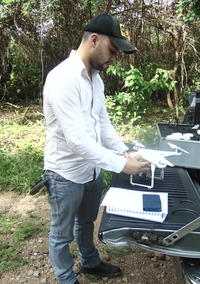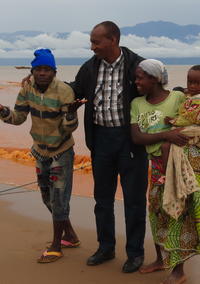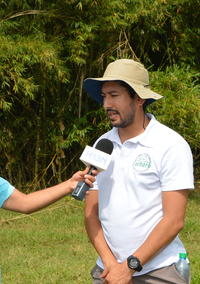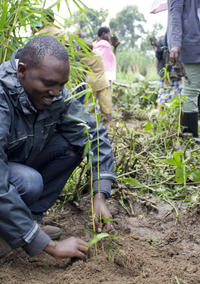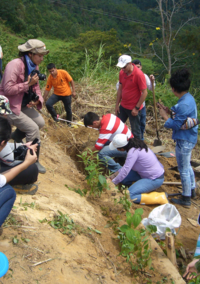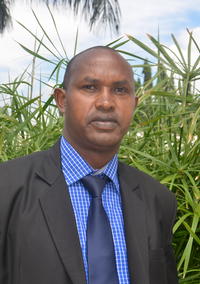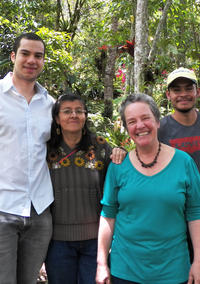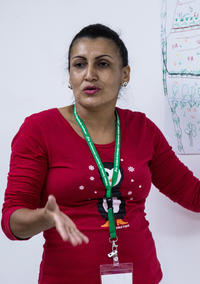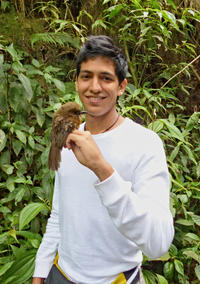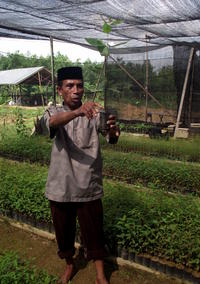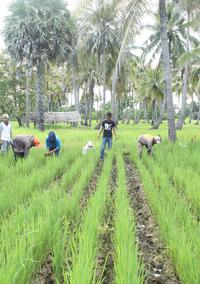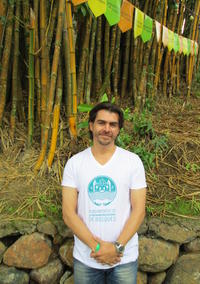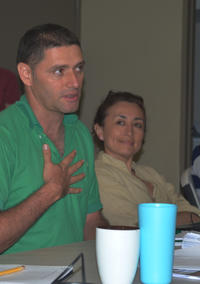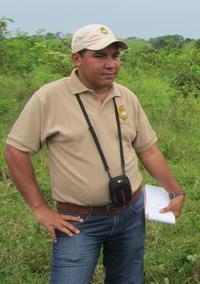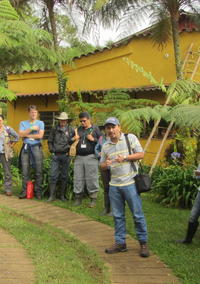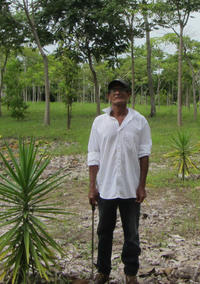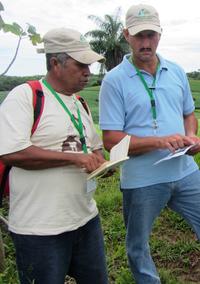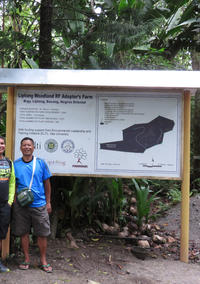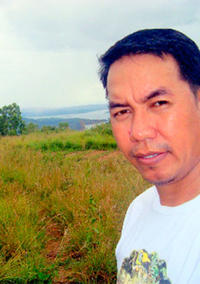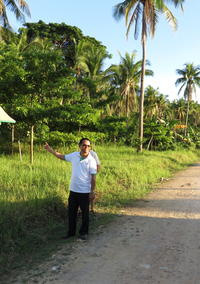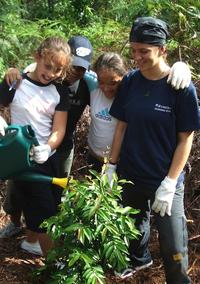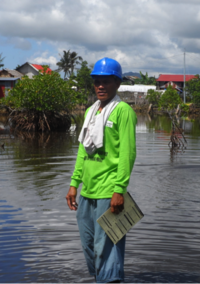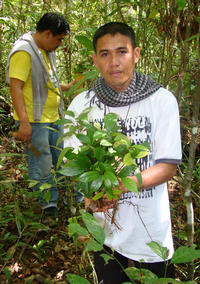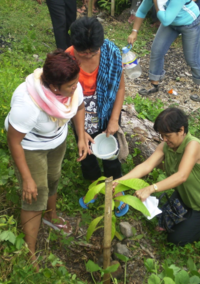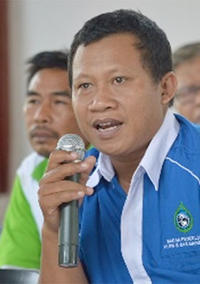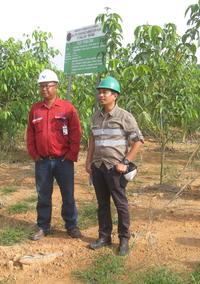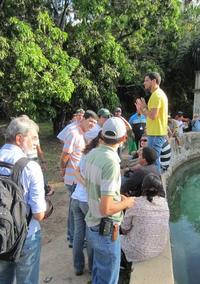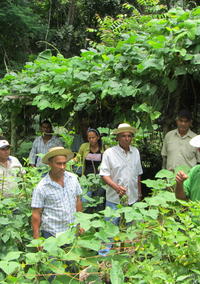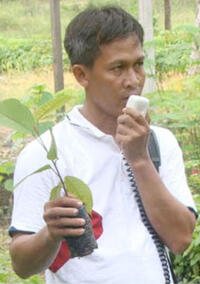You are here
Malawi Invests in Resilient Landscapes with National ROAM Assessment
“Sustainable agricultural techniques have been shared with farmers for over 20 years, and yet today adoption is as low as 10%. That’s frustrating,” says Tangu Tumeo, Principal Forestry Officer for Malawi’s Ministry of Natural Resources, Energy and Mining.
In May of 2016, Tangu participated in the online course Forest Landscape Restoration (FLR) in the Tropics. Though the course’s subject matter wasn’t new – she’d participated in an introductory training in 2015 – she attained a better command of the material when she “interacted with the other students in the online course.”
“The course helped me understand the importance of a no one-size-fits-all approach to FLR,” Tangu explains. “I have had very interesting discussions on what I learned from the course with my peers in the government and other institutions. Now, we all agree that it’s important to account for variations in each district’s biophysical characteristics, degradation factors and to involve the people who live in or near the landscapes we’re working to restore from the start and not only during implementation.”
We have invited delegates from 18 African countries to share the results of our ROAM assessment and a national strategy for implementation. Once they see our work, we believe they will return home motivated to drive their own forest landscape restoration efforts.
Tangu Tumeo
Tangu’s participation was well timed. She and her team began Malawi’s national ROAM assessment upon the conclusion of the online course.
With that assessment’s report and implementation strategy launching in July 2017, Tangu is optimistic: “We’ve identified opportunity areas and come up with a National Landscape Restoration Strategy to focus the implementation of restoration interventions across the country efficiently and effectively. Malawi as it is has been given a great opportunity to turn things around. We have to see results in the next five years.”
Out in the districts, Tangu engages her compatriots with fresh energy: “It’s exciting to bring data and success stories to convince farmers and other stakeholders that a unified restoration movement incorporating agroforestry and sustainable agriculture is really the best way to go.”
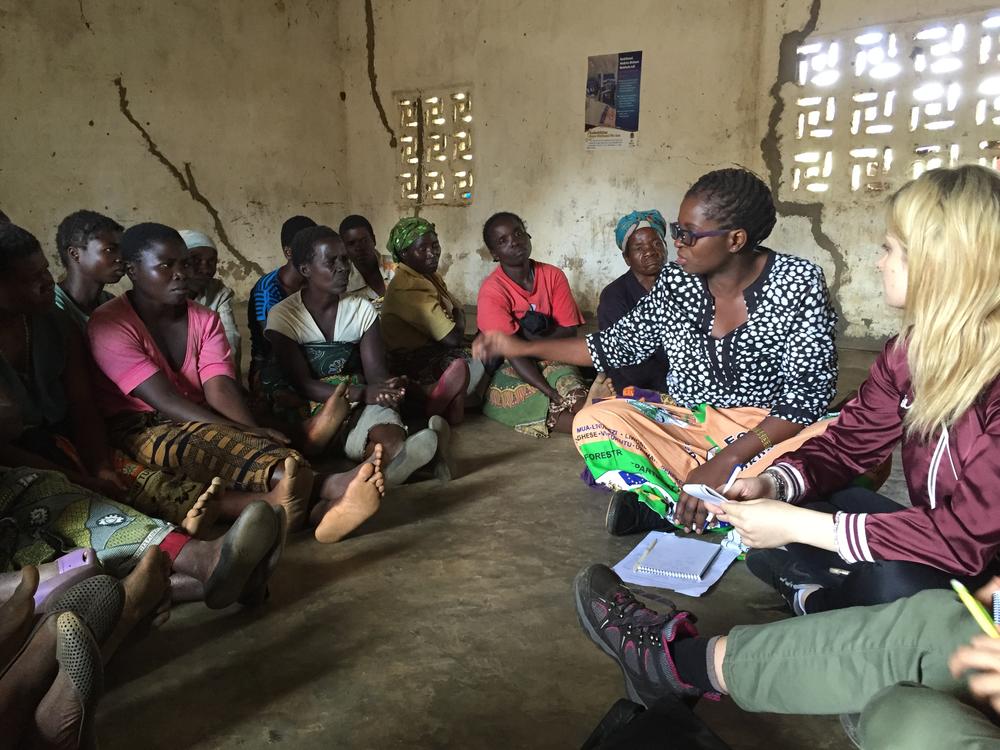

Acknowledgements
Tangu would like to thank IUCN, the World Resources Institute, Malawi’s Department of Forestry, the USAID-funded PERFORM project, the government of Germany and the UK Department for International Development.


